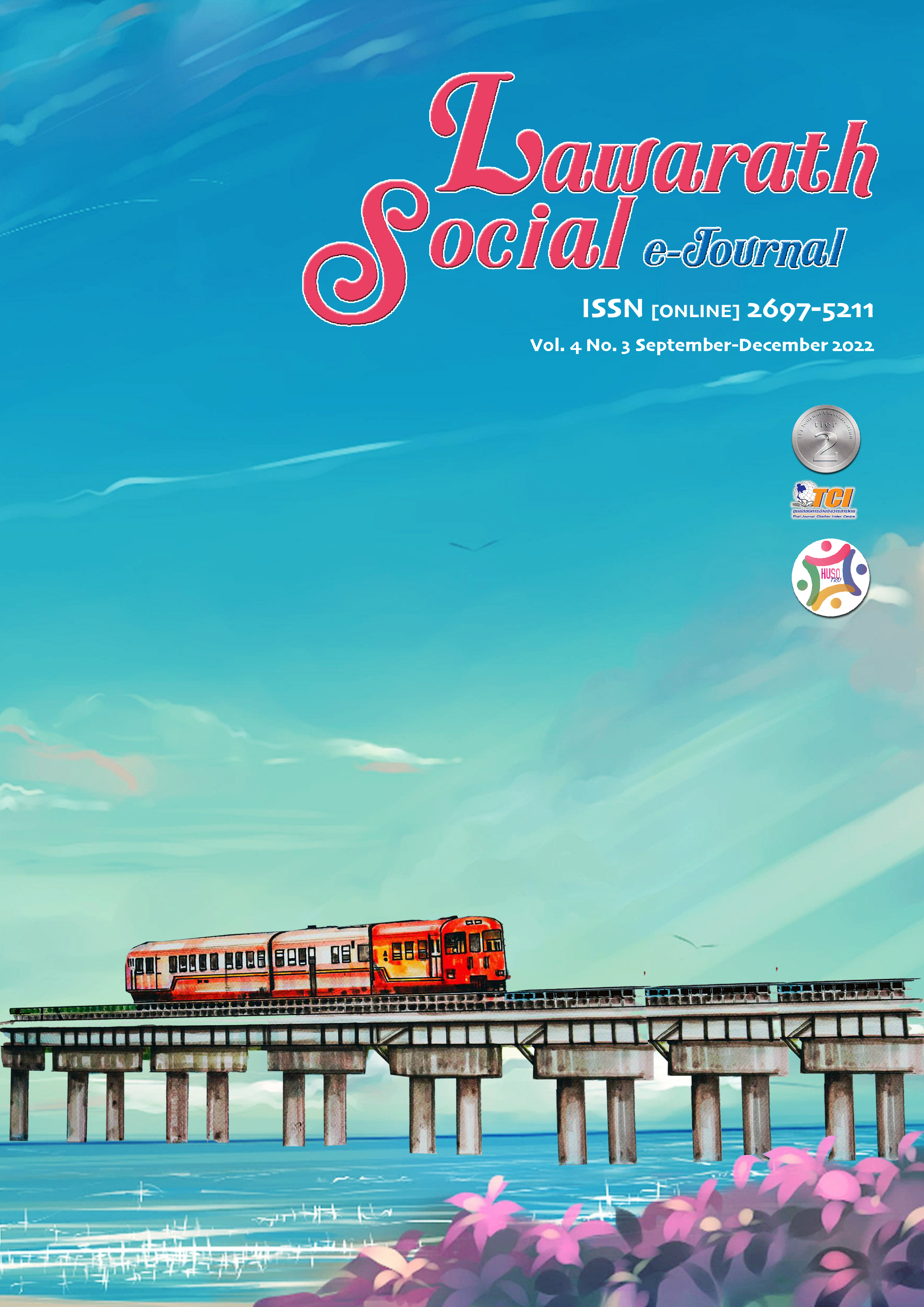The Enlightenment and Reference Significance of Wang Zengqi's Food Literature Writing Characteristics in "Taste of the World" to The Marketing Copy-writing of Agricultural and Sideline Food
Keywords:
Wang Zengqi, "The Taste of the World" , Food Literature, Copy-writing, Agricultural Food MarketingAbstract
This research paper analyzes a famous food-themed books “Taste of the World” by Chinese well-known modern author Wang Zengqi’s from literary and practical aspects. The paper discusses the detailed description of Chinese ordinary people's daily meals or regional snacks inside Wang’s writing and summarizes his writing style and characteristics about food both in terms of form and content and then cross-contrasts with writing purposes and desires of commercial copy-writing in marketing or business industries. The authors attempts to explore how rhetoric, choices of word and sentence construction, writing style and spiritual connotation among Wang Zengqi’s texts could attract, intrigue and persuade potential consumers to purchase related agricultural and sideline food. The findings figure out how to apply the practical values of the book “Taste of the World” additionally on marketing writing and then suggest how Wang’s work could be referred in copy-writing practices to promote agricultural and sideline food products in rural areas.
Downloads
References
Bly, R. W. (1985). The Copywriter's Handbook: A Step-by-step Guide to Writing Copy that Sells. New York: Holt Paperbacks.
Cai, Sh. (2013, December). On the Application of Classical Literature in Advertising Copy-writing. Journal of Heilongjiang Ecological Engineering Vocational College, 26(6), 146-148.
Clark, B. (2008). The Four “P” Approach: A Persuasive Writing Structure That Works. Retrieved October 10, 2021, from https://copyblogger.com/.
Deng, J. (2020, July). Research on Wang Zengqi's Diet Writing in His Creations. Journal of Archives and Periodicals, 2020(6), 51-53.
Fang, Z., &Huang, L. (2008, July). Rhetoric and Copywriting in Advertising. Journal of Pingdingshan University, 23(1), 88-97.
Hopkins, C. C. (1960). Scientific Advertising. New York: Bell.
Huang, Y. (2021, August). On the Food Writing and Significance of Wang Zengqi's Prose. Journal of Appreciation of Masterpieces, 2021(24), 41-44.
Knapp, P.; Beck, &Aaron T. (2008, October). Cognitive Therapy: Foundations, Conceptual Models, Applications and Research. Journal of Revista Brasileira de Psiquiatria, 30(2), 54–64
Li, L. (2019). Story Telling in Marketing. Taipei: One Heart Culture.
Lin, X. (2019). 21 Cities of China with Non-registered Permanent Residents Over One Million. Retrieved October 3, 2021, from http://finance.people.com.cn/n1/2019/0415/c1004-31029716.html.
Liu, Y. (2019). Research on the Current Situation and Countermeasures of the Development of Agricultural Product E-commerce in Henan Province Under the Cackground of Internet. Master's thesis, Zhejiang Ocean University.
Lu, M. (2003, July). On The Principles of Advertising Copy-writing. Journal of Huzhou Normal University, 25(1), 51-56.
Ministry of Commerce. (2018). Interpretation of The Provisions of The Electronic Commerce Law of The People's Republic of China. Beijing: China Tax.
Ministry of Education of the People's Republic of China. (2020). Statistics on The Situation of Overseas Students in The Year of 2019. Retrieved October 7, 2021, from http://www.moe.gov.cn/jyb_xwfb/gzdt_gzdt.html.
Doris, N. S. (2020). Improving Approaches to Promoting Business on the Internet. Master's thesis, Sumy State University.
Oxford Online Dictionary. (2000). Definition of ‘Copywriter’ Noun from The Oxford Advanced Learner's Dictionary. Retrieved September 15, 2021, from https://copyblogger.com/.
Sohu. (Ed.). (2017). How to Make Advertising for Agricultural Products? Retrieved October 5, 2021, from https://www.sohu.com/a/206438073_761567.
Strong, E. K. (1925, March). Theories of Selling. Journal of Applied Psychology, 1925(9), 75-86.
Tang, Y. (2002, September). Huaiyang Food Culture in Wang Zengqi's Literary Creation. Culinary Journal of Yangzhou University, 2002(3), 19-22.
Wang, H. (2014, September). The Application of Marketing Strategy in the Sale of Agricultural Products. Journal of Modern Commerce, 2014(24), 50-51.
Wu, H. (2021, February). "Taste of The World": A Feeling of Reading Wang Zengqi's Food Literature. Journal of Senior Education, 2021(2), 51.
Wu, J., &Chi, T. (1990,). A Dictionary of Rhetorical Methods. Ningbo: Zhejiang Education.
Xiao, J. (2021, July). Research on Wang Zengqi's Food Prose Comment on "Five Flavors". Journal of The brew technique of China, 40(7), 248.
Xie, Ch. (2017, February). The Gourmet Wang Zengqi on the beauty of Wang Zengqi's Gourmet Prose. Wencun Reading Journal, 2017(3), 233-234.
Ye, X. (2019). Chinese Copy-writing Manual, Beijing: Publishing Group Orient Press Center.
Yuan, M. (2003, July). The Application Skills of Rhetoric in Advertising Copywriting. Journal of Scientific and Technological Information Development and Economy, 13(12), 305-307.
Zhi, L. (2018, May). Plain and Simple Yet Tasteful Discussion on The Language Characteristics of Wang Zengqi's Gourmet Prose. Journal of Development, 2018(5), 72-73.
Zhao, M. (2013, December). The Expressive Power of Advertising Copy-writing. Journal of Splendid Forum, 2013(2), 88.
Zhuang, E. (2013, August). Analysis on The Sales Channels of Agricultural and Sideline Native Products. Journal of Agricultural Economy, 2013(4), 127-128.
Downloads
Published
How to Cite
Issue
Section
License

This work is licensed under a Creative Commons Attribution-NonCommercial-NoDerivatives 4.0 International License.



